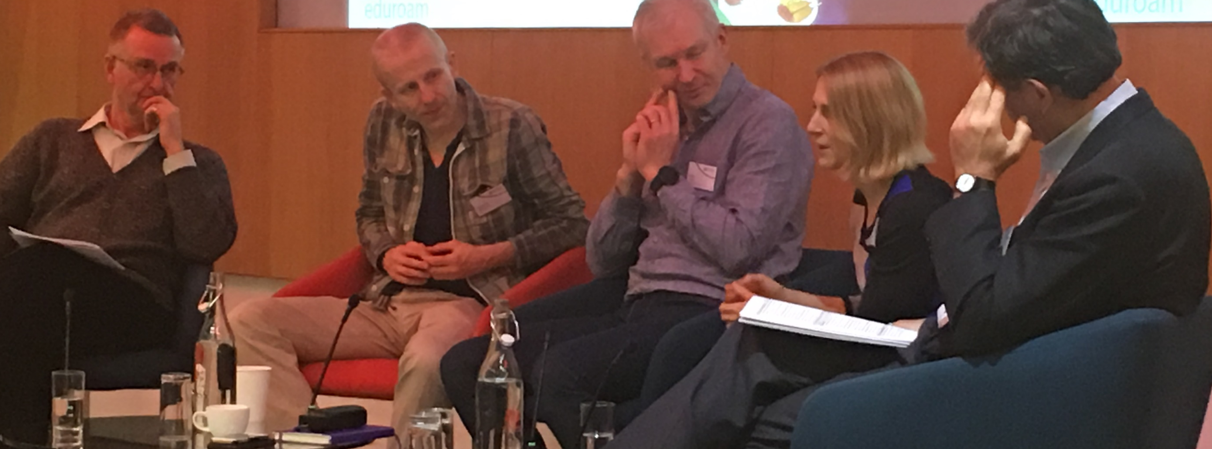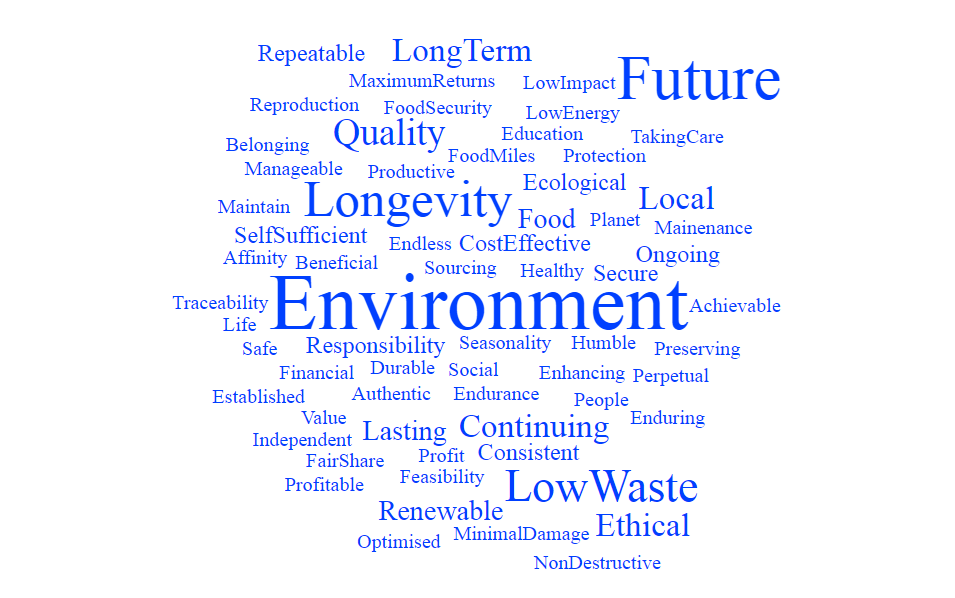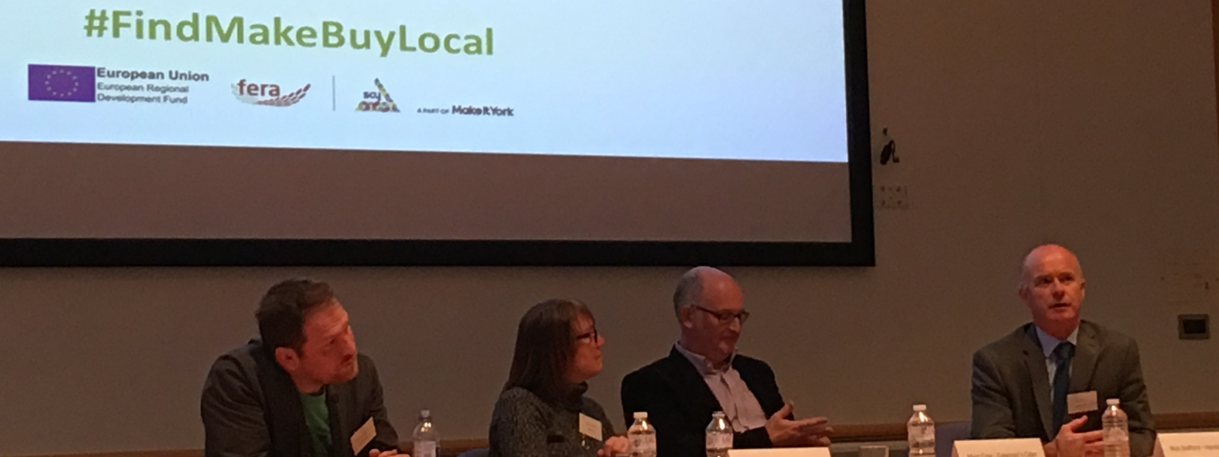Farms, Forks And In-Between
I’ve been very busy over the past few weeks, hence the gap in posting here. I spent an interesting Saturday at City University in London with the students from the IFSTAL programme (mentioned in Down to Earth below) at a symposium on trade landscapes, looking at the impact of policy on the global food system. I did my bit in a panel discussion early in the day where contributors from a range of backgrounds (industry, academia, NGO, regulator) responded to questions from the audience prompted by a keynote address from Professor Chris Elliott of Queen’s University Belfast. Chris is a leading figure in the field of food authentication and discussed his 6 principles of food integrity. He will also be chairing New Food Magazine’s Food Fraud conference on 1st March (Chris and I both sit on New Food’s Advisory Board). As is always the case with IFSTAL events, the audience was varied and engaged. The photo below shows the closing panel chaired by Professor Tim Lang of City University.

A slightly more prosaic event earlier this week at Yorkshire Water’s Elvington treatment works near York. The visit was part of the landscape project and gave the visitors an opportunity to see part of what goes on in the water system between abstraction and supply to customers. A key focus of the visit was the quantity of suspended material removed from the river along with the water. Unglamorously described as ‘sludge’ it used to be topsoil, and this works alone disposes of 11,000 tons of it every year. The issue is not confined to Yorkshire Water’s operations and is a challenge for water companies around the country. Even within this short visit there were some new thoughts generated in group discussion prompted by the visitors being able to see the issue from a new angle; precisely the purpose of the project. Thanks to YW for hosting the event.

Later in the week, and also in York, I was one of the speakers at the ‘Find, Make, Buy Local’ event organised by Make It York and SIAFS (Stimulating Innovation in the Agri-Food Sector) to help SMEs in the region. SIAFS is funded by the European Regional Development Fund and provides support in a number of ways (see https://www.agrifoodinnov.com/ for more information). My contribution was to provide an overview of the sustainability challenges facing the agri-food sector and the audience were kind enough to take part in providing their thoughts on what the concept of sustainability means to them, as shown in the word cloud below.

This group put a slightly stronger emphasis on the environmental than others of whom I have asked the same question, but overall the pattern is similar. It was a good day with a great level of interaction with the delegates, and I look forward to working with Make It York and SIAFS again in the future.
